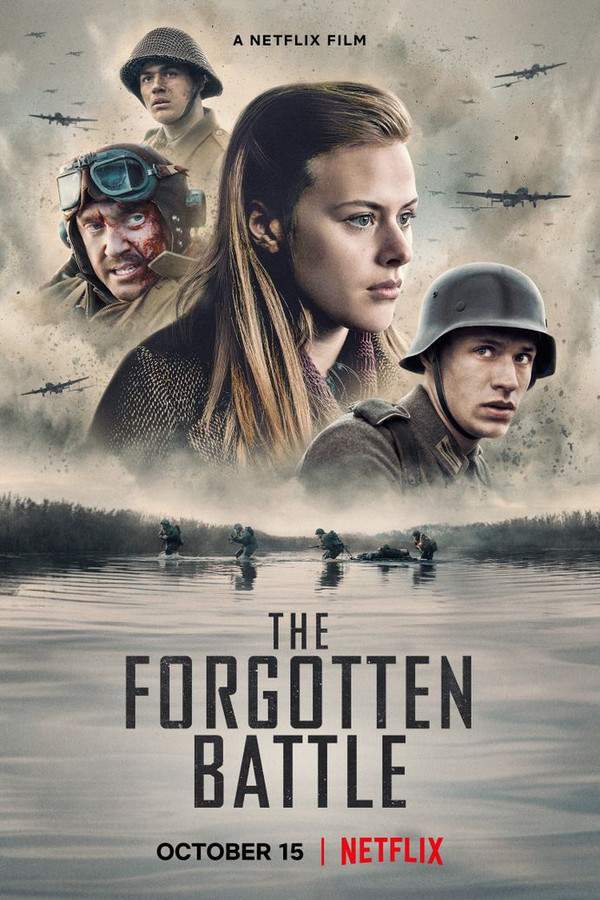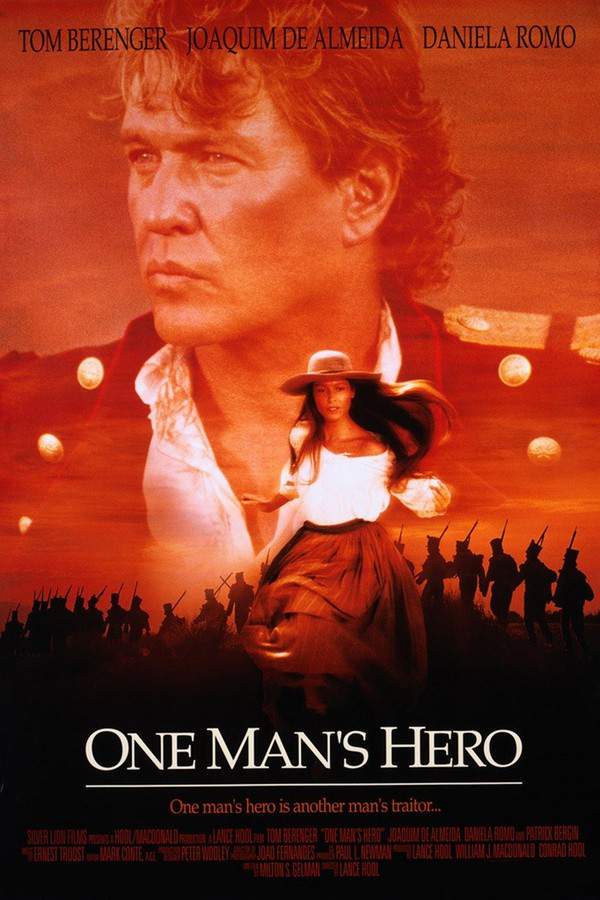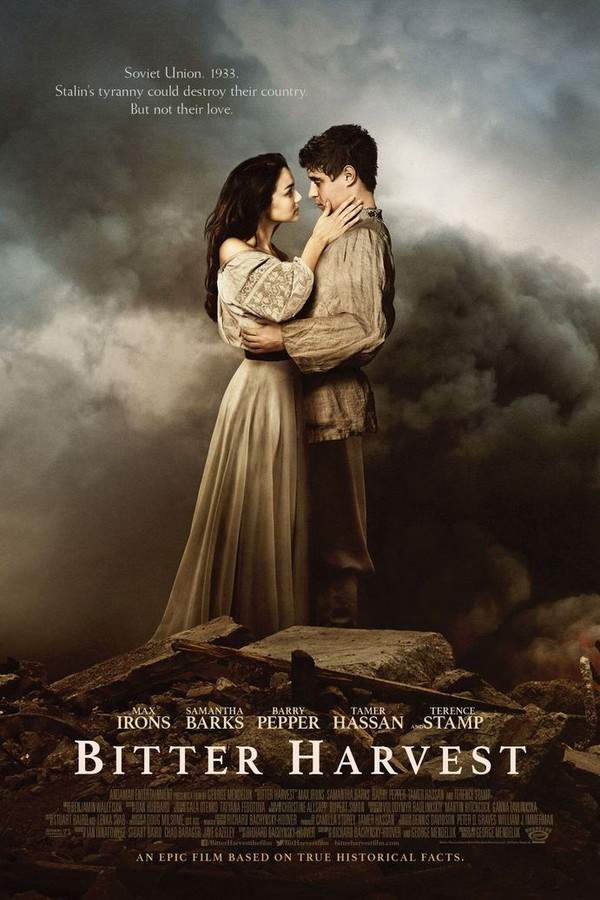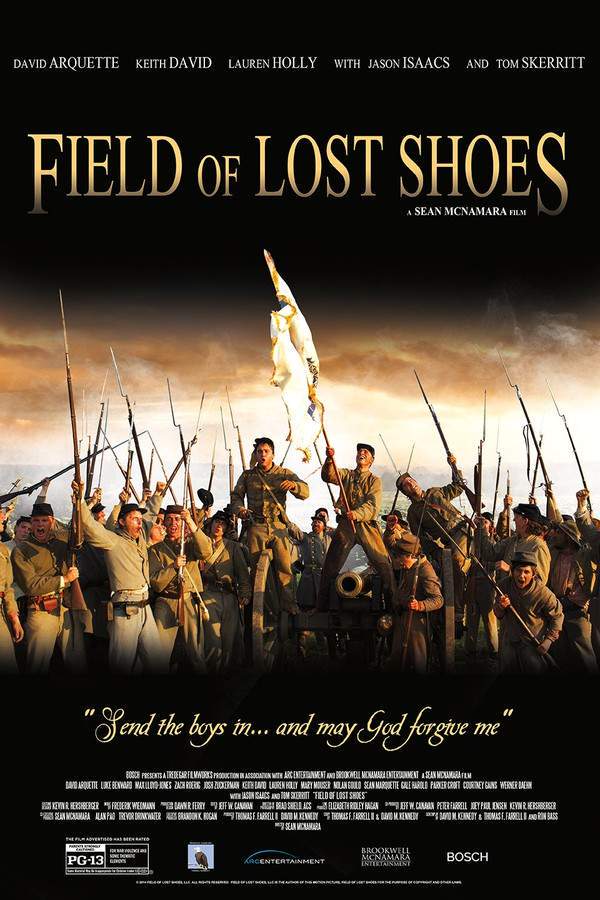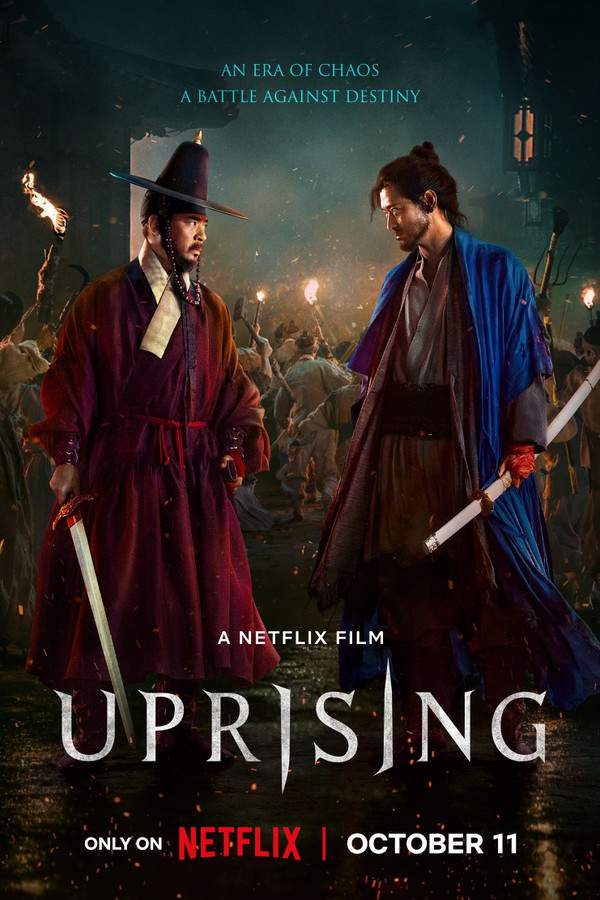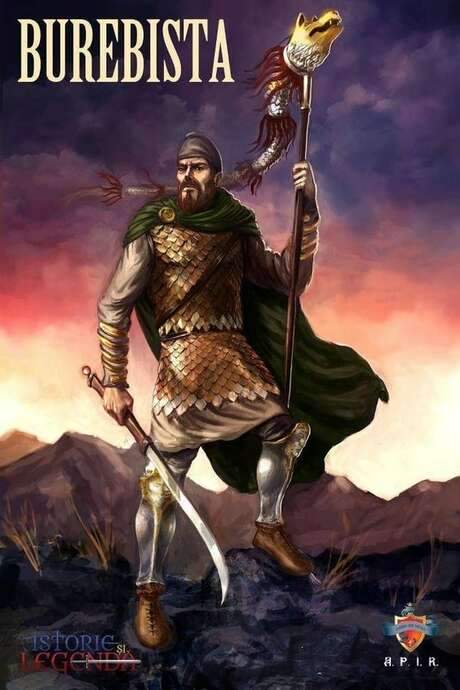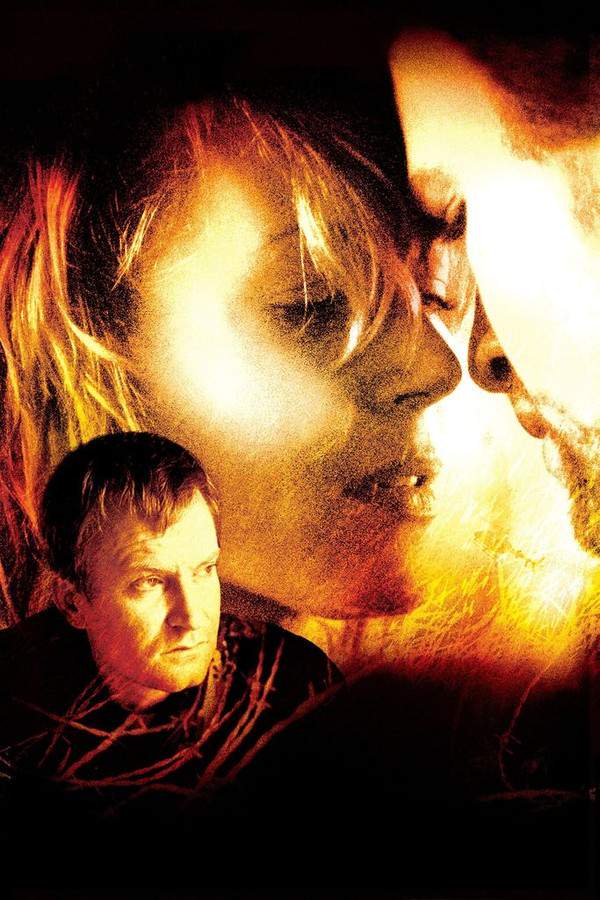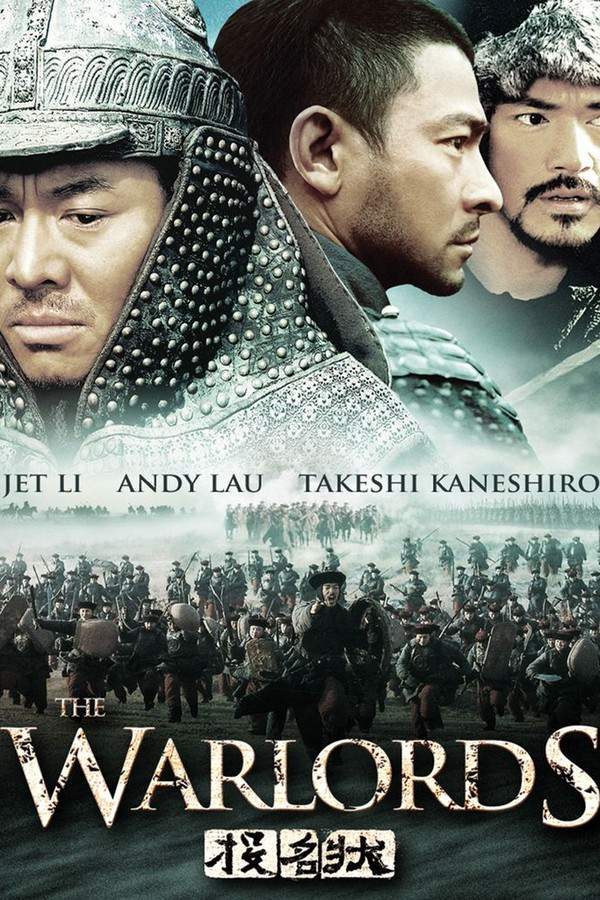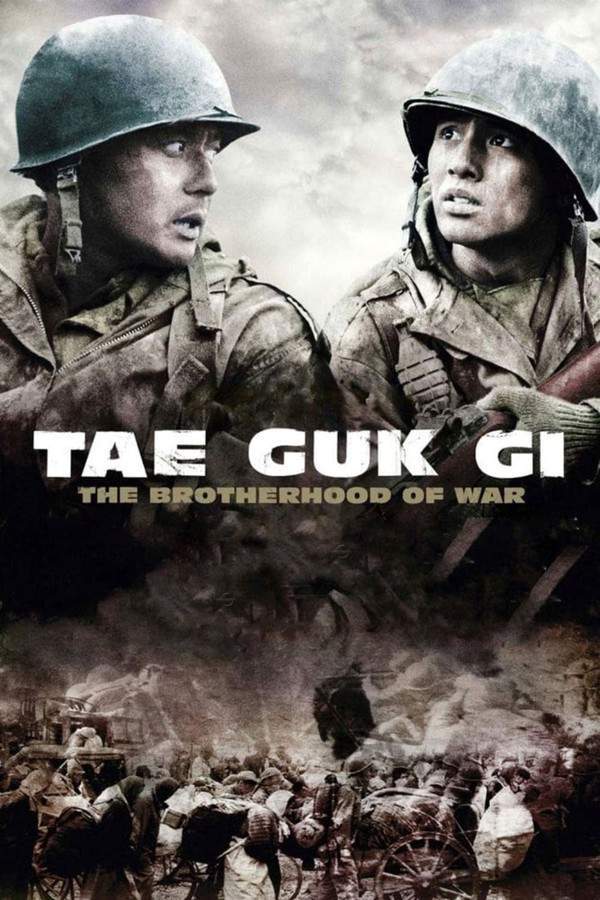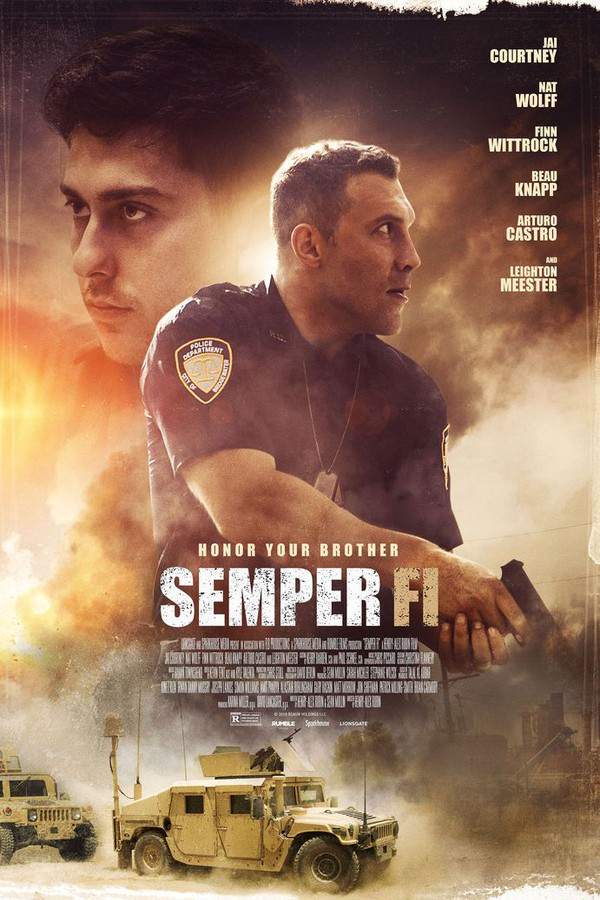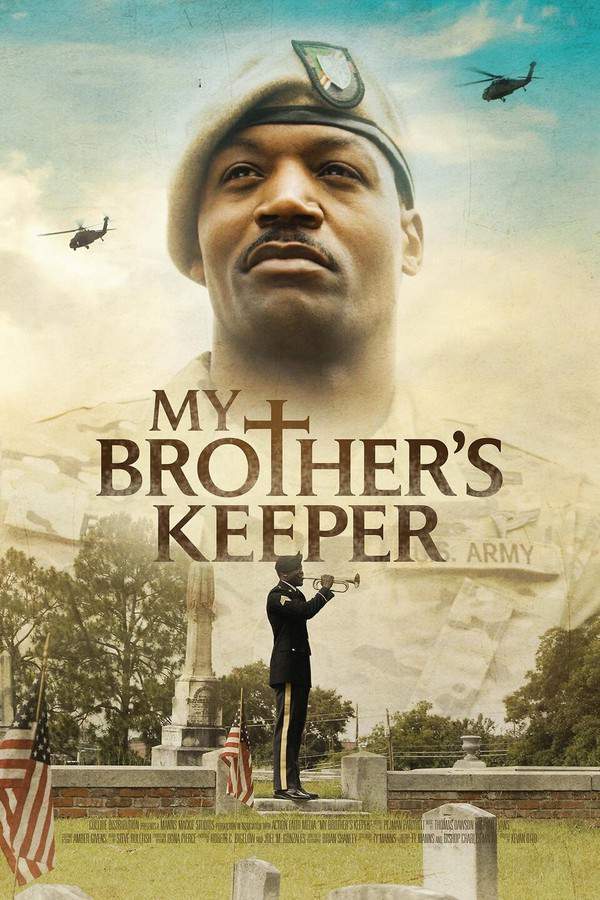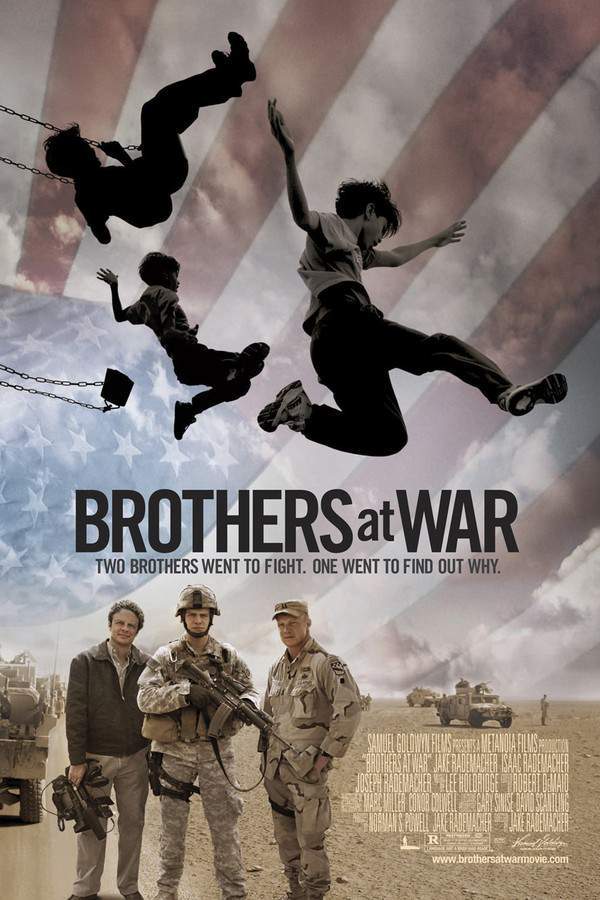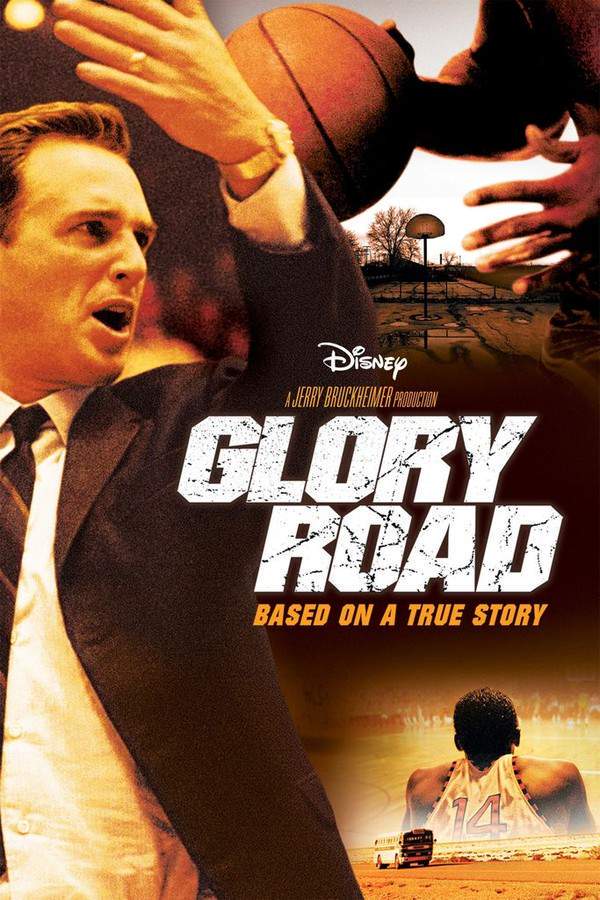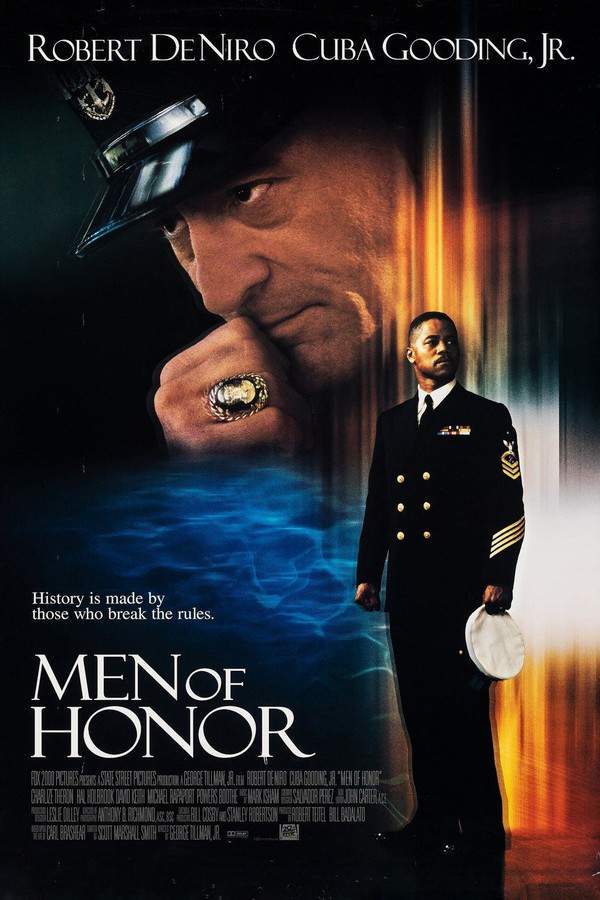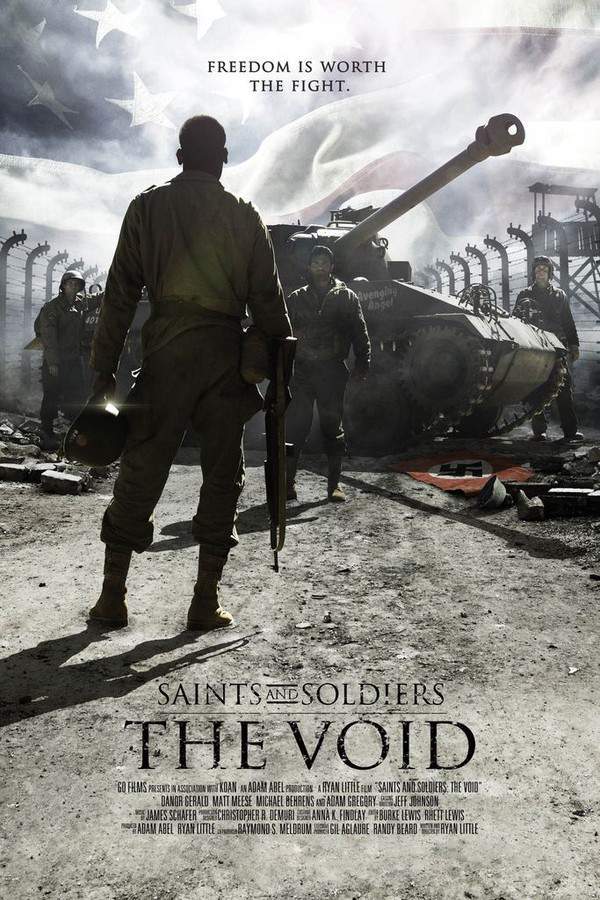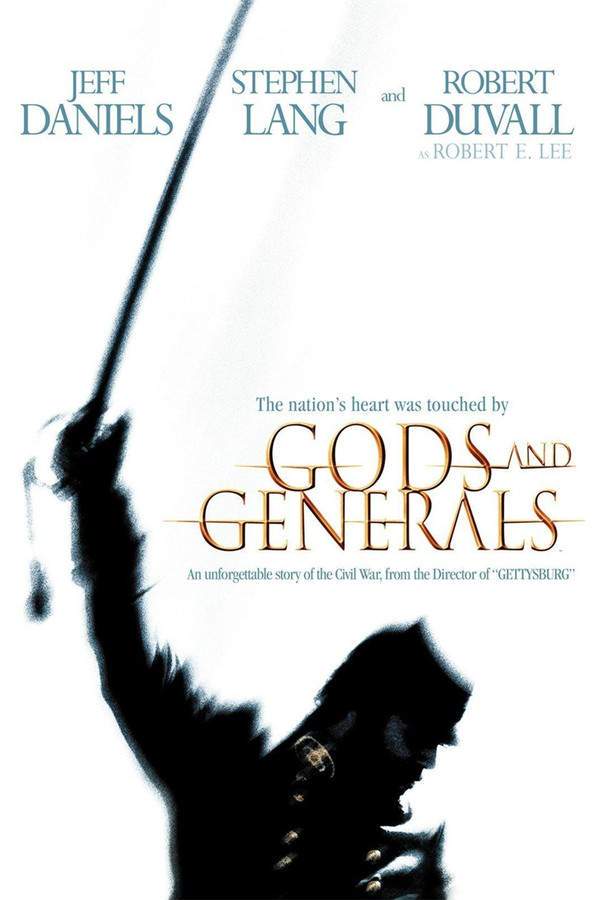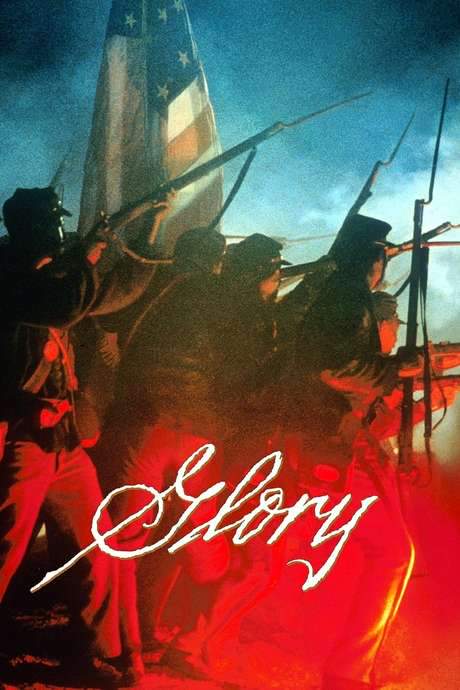
Glory
Year: 1990
Runtime: 122 min
Language: Bulgarian
Director: Edward Zwick
During the Civil War, Colonel Robert Gould Shaw is given a controversial assignment: to lead the 54th Massachusetts Infantry, a regiment composed of African-American volunteers. Facing discrimination and hardship from both the Union army and the Confederate forces, Shaw and his men must fight for acceptance and prove their bravery and dedication on the battlefield, striving to earn a lasting place in the nation's history.
Warning: spoilers below!
Haven’t seen Glory yet? This summary contains major spoilers. Bookmark the page, watch the movie, and come back for the full breakdown. If you're ready, scroll on and relive the story!
Glory (1990) – Full Plot Summary & Ending Explained
Read the complete plot breakdown of Glory (1990), including all key story events, major twists, and the ending explained in detail. Discover what really happened—and what it all means.
During the American Civil War, the Massachusetts Infantry Regiment meets Confederate forces in the devastating Battle of Antietam. Captain Robert Gould Shaw, portrayed by Matthew Broderick, is injured during the combat and initially presumed dead. He is later discovered alive by a gravedigger, John Rawlins played by Morgan Freeman, who takes him to a field hospital. While recuperating in Boston, Shaw reunites with his family and meets the former slave and abolitionist, Frederick Douglass (Raymond St. Jacques). Shaw is then offered a promotion to Colonel and the daunting responsibility of leading the first all-black regiment, the 54th Massachusetts Volunteer Infantry, composed entirely of black soldiers. Accepting this opportunity, he enlists his childhood friend, Major Cabot Forbes, portrayed by Cary Elwes, as his second-in-command.
Shaw’s first recruit is another friend of his, the scholarly freeman Thomas Searles (Andre Braugher). Other soldiers soon join the cause, including Rawlins, a timid freeman named Jupiter Sharts (Jihmi Kennedy), and Silas Trip, portrayed by Denzel Washington, an escaped slave who is initially suspicious of Shaw. Tensions arise between Trip and Thomas, with Rawlins stepping in to maintain peace among the men.
As the Confederacy issues a stark warning that any captured black soldiers and their white officers will face execution, the opportunity for honorable discharges is presented to the 54th. Surprisingly, not a single man steps back. The soldiers endure a brutal training regimen, overseen by Sergeant Mulcahy (John Finn). Mulcahy’s strict treatment particularly affects Thomas, who has enjoyed a relatively easier life compared to his comrades and struggles with the physical demands. Shaw voices his concern for Thomas, but Mulcahy argues that all soldiers must endure the same training. Ultimately, Shaw recognizes that his men’s eagerness to fight necessitates equal treatment, even if it creates friction between him and Forbes, who doubts whether the 54th will see real combat.
When Trip goes AWOL and is caught, Shaw is faced with a moral dilemma as he orders his flogging in front of the regiment. Trip’s scars from his past life as a slave are revealed, challenging Shaw’s principles as an abolitionist. In a revealing conversation with Rawlins, Shaw discovers that Trip’s absence was driven by his search for decent shoes to replace his worn-out pair. This revelation leads Shaw to confront the quartermaster, Kendric (Richard Riehle), learning that the troops are being denied essential supplies purely because of their race. Shaw’s advocacy for his soldiers continues as he fights for equal pay, following a controversial decision by the Federal government to compensate black soldiers less than their white counterparts. This leads to a protest organized by Trip, with Shaw himself joining the cause for fairness, culminating in the soldiers donning their Union uniforms, which instills a newfound pride within the regiment.
Once training is completed, the 54th is assigned to General Charles Garrison Harker (Bob Gunton) and is paired with the 2nd South Carolina Volunteer Infantry Regiment, largely made up of freed slaves and commanded by Colonel James Montgomery (Cliff De Young). During their transport, Rawlins is promoted to Sergeant Major. Passing through Darien, Georgia, Montgomery’s orders lead to chaos and destruction as he allows his undisciplined men to loot the town. Amid escalating tensions, Shaw is coerced into illegal actions, forced to comply under threats regarding his command and the treatment of his men.
Despite various responsibilities that have kept them from active duty, Shaw persistently pushes for opportunities for his men to fight. His demands eventually lead them into battle on James Island, South Carolina. Initially, the 54th experiences a surge of success, but they soon face fierce opposition, resulting in significant casualties. During this confrontation, Thomas is wounded but heroically saves Trip, finally earning his respect. Although offered medical leave, Thomas chooses to stay with his comrades.
After some time, General George Strong (Jay O. Sanders) informs Shaw of a critical campaign aimed at securing Charleston Harbor, which necessitates an assault on the heavily fortified Battery Wagner. The assault’s approach is treacherous, with a narrow strip of beach offering little protection, marking a certain path of severe losses. Shaw volunteers for the mission, leading the charge for the 54th.
The night before the battle, the regiment unites for a religious service, filled with emotional speeches and hymn singing, as they seek divine guidance and strength. When the charge is launched, the soldiers face overwhelming fire, leading to catastrophic losses on the beach. Amidst the chaos and heart-wrenching scenes, Shaw encourages his men to advance, ultimately sacrificing his life after sustaining multiple gunshot wounds. In a moment of valor, Trip raises the flag, rallying his fellow soldiers even as he suffers grievous injuries himself.
Forbes steps into leadership as the regiment pushes forward, yet they find themselves outnumbered within the fort after breaching the initial defenses. The aftermath unveils a chilling sight: the beach strewn with the bodies of fallen soldiers, and the Confederate flag raised above the fort as a grim reminder of their sacrifice. As the soldiers are buried in a mass grave, Shaw and Trip’s bodies lie side by side, symbolizing their shared fate.
In the end, the closing narration reveals that Battery Wagner was never taken by Union forces. However, the heroic actions of the 54th, which endured staggering losses, were not in vain; their bravery became a catalyst for increased recruitment of black soldiers within the Union army. Their contributions would later be acknowledged by President Abraham Lincoln as pivotal to securing the Union’s ultimate victory over the Confederacy.
Last Updated: May 26, 2025 at 06:39
Explore Movie Threads
Discover curated groups of movies connected by mood, themes, and story style. Browse collections built around emotion, atmosphere, and narrative focus to easily find films that match what you feel like watching right now.
Bittersweet Historical Triumphs like Glory
Stories where profound sacrifice paves the way for a hopeful legacy.If you were moved by the sacrifice and legacy in Glory, explore more movies like it. These historical dramas depict tough battles for justice, where characters face immense hardship to secure a bittersweet but profoundly hopeful victory for future generations.
Narrative Summary
Stories in this thread follow a clear, often linear progression where a marginalized group or principled leader takes a stand against oppression. The central conflict involves proving their worth and humanity in the face of intense prejudice, culminating in a costly but historically significant action that redefines their legacy.
Why These Movies?
Movies are grouped here for their shared focus on a heavy, historically-grounded emotional journey. They blend a dark, gritty tone with a steady, building pace, leading to a climax that is both tragic and uplifting, leaving the viewer with a powerful sense of resolve and historical importance.
Military Brotherhood Stories like Glory
Unit-based stories where shared hardship creates unbreakable bonds.For viewers who appreciated the powerful unit dynamics in Glory, this collection features similar movies about brotherhood in arms. Discover other intense war films and dramas where a diverse group of soldiers must overcome differences and adversity to become a loyal family.
Narrative Summary
The narrative pattern begins with introducing a group of individuals, often from different backgrounds, who are initially at odds. Through a tough leader and shared hardship—be it brutal training or early failures—they learn to trust and rely on each other. The climax typically involves a mission or battle where their newfound unity is the key to their performance, even if the outcome is tragic.
Why These Movies?
These films share a high-intensity, gritty vibe focused on the theme of brotherhood. They feature a steady pacing that allows for character development within the unit, a heavy emotional weight derived from shared sacrifice, and a tone that balances dark realities with the uplifting power of camaraderie.
Unlock the Full Story of Glory
Don't stop at just watching — explore Glory in full detail. From the complete plot summary and scene-by-scene timeline to character breakdowns, thematic analysis, and a deep dive into the ending — every page helps you truly understand what Glory is all about. Plus, discover what's next after the movie.
Glory Timeline
Track the full timeline of Glory with every major event arranged chronologically. Perfect for decoding non-linear storytelling, flashbacks, or parallel narratives with a clear scene-by-scene breakdown.

Characters, Settings & Themes in Glory
Discover the characters, locations, and core themes that shape Glory. Get insights into symbolic elements, setting significance, and deeper narrative meaning — ideal for thematic analysis and movie breakdowns.

Glory Spoiler-Free Summary
Get a quick, spoiler-free overview of Glory that covers the main plot points and key details without revealing any major twists or spoilers. Perfect for those who want to know what to expect before diving in.

More About Glory
Visit What's After the Movie to explore more about Glory: box office results, cast and crew info, production details, post-credit scenes, and external links — all in one place for movie fans and researchers.

Similar Movies to Glory
Discover movies like Glory that share similar genres, themes, and storytelling elements. Whether you’re drawn to the atmosphere, character arcs, or plot structure, these curated recommendations will help you explore more films you’ll love.
Explore More About Movie Glory
Glory (1990) Scene-by-Scene Movie Timeline
Glory (1990) Movie Characters, Themes & Settings
Glory (1990) Spoiler-Free Summary & Key Flow
Movies Like Glory – Similar Titles You’ll Enjoy
Glory Road (2006) Story Summary & Characters
Men of Honor (2000) Film Overview & Timeline
Saints and Soldiers (2004) Full Summary & Key Details
Gods and Generals (2003) Complete Plot Breakdown
Field of Lost Shoes (2014) Story Summary & Characters
The Great War (2019) Ending Explained & Film Insights
The True Story of Glory Continues (1991) Movie Recap & Themes
Glory (1989) Detailed Story Recap
What Price Glory (1952) Movie Recap & Themes
The Glory Brigade (1953) Ending Explained & Film Insights
What Price Glory (1926) Detailed Story Recap
Home of the Brave (1949) Plot Summary & Ending Explained
Strange Glory (1938) Full Summary & Key Details
Glory Alley (1952) Complete Plot Breakdown
The Glory Guys (1965) Full Movie Breakdown

